Bomani Jones Profiled by The New York Times
MAXX Client Bomani Jones was recently interviewed by Mark Leibovich for The New York Times Magazine. The title of the editorial is "Bomani Jones Takes the Dismal Science to ESPN," which you can read in its entirety below...
You have three degrees in economics, which I assume is not common among your colleagues at ESPN. Do you still consider yourself an economist? Yes. Being an economist is much more about a thought process than it is anything specific about your job. It’s thinking about how to maximize utility and the allocation of scarce resources — that’s what I’m doing every day now.
Do you still do research? No. One thing I learned in the course of doing more research in economics is that I had more of a master’s-degree level of curiosity than a Ph.D. level of curiosity.
The Clippers were knocked out of the playoffs already. Last year around this time, you were arguing that the Donald Sterling controversy was a nonissue, that people reacted in a way that missed the point. Why? The topics of race that we’ve discussed in the last year, as they relate to sports, are still as flimsy and inconsequential as ever. Donald Sterling was one of the great perpetrators of housing discrimination that we have seen in this country in modern times, and we ignored that. Instead, we’re still trying to catch people saying the wrong thing. We didn’t learn a thing from the Donald Sterling story. Not one single thing.
You also raised some eyebrows a while back when you said that Stevie Wonder might not really be blind. Your evidence was mainly that Stevie was interested in being on “Dancing With the Stars” and that you know a guy who sold him three plasma-screen TVs. O.K. It’s a somewhat inappropriate joke that has taken on a life of its own. A buddy of mine and I used to joke about this when I was in college. Now I joke about it a little bit on ESPN. Then next thing you know, it became a thing — a huge thing. It’s probably what I’m most recognized for.
So can he see or not? If it turned out Stevie could see, I wouldn’t be shocked.
Have you heard from Stevie on this? I have not heard from Stevie. There’s no telling exactly how it would go.
Given how outspoken you are, how do you avoid criticizing ESPN? It is such a colossus in the sports world. They sign my check, so I can’t just go open fire on ESPN when they do something I don’t like. And occasionally they do. But I don’t think anybody at ESPN is going to get in trouble for saying something that is factually undeniable.
Bill Simmons got in trouble for calling Roger Goodell a liar. Well, there’s a difference in saying, “I think that Goodell is lying,” and saying that Goodell is a liar.
Really? Sure. I don’t know any person of significance in my life that has never lied to me, but that doesn’t mean I think everyone is a liar.
Do you feel any kinship with Simmons? You and Simmons are both very much products of a new media environment. You haven’t spent time in locker rooms. You’re sort of a new breed of sports journalist. I read a lot of Simmons’s work before I ever entertained the possibility of covering sports, and what he was doing in kind of being an outsider was certainly liberating. I think, as an economist, I’m able to offer insight a lot of old-school reporters cannot, especially as basketball becomes more analytics-based.
When you talk about “covering” sports, what does that actually mean in the case of someone like you — who is not reporting in any traditional sense? Well, I guess it’s not terribly dissimilar to traditional sportswriters, it just happens from a much more comfortable distance.
But don’t you worry that you have too much comfort and too much distance? There are times that I worry about that. And I try my best to keep what I discuss to be within a range of things that I think that I am qualified to discuss.
Do you still write at all? Not too much. The reason a whole lot of people go from writing to doing television is that with television, even if it’s bad, it’s over.
And you get paid more. There’s that, too.

